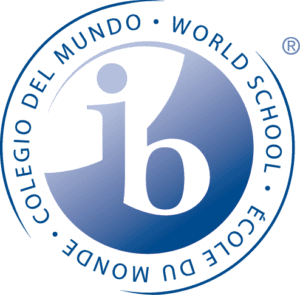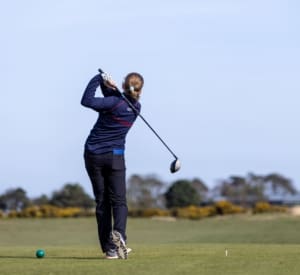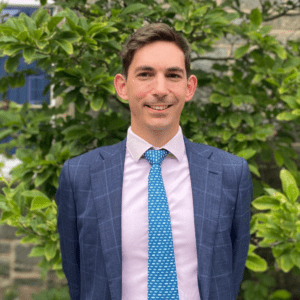Senior

Introduction to our Senior School
The Senior years at St Leonards offer an outstanding boarding and day education for pupils aged 11-18. Recognised as the Scottish Independent School of the Year for Academic Performance 2024 by The Sunday Times’ Parent Power Guide, St Leonards prides itself on leading the way in excellence, with a proven track record that places our students at the forefront of academic achievement.
International Baccalaureate
We champion the International Baccalaureate (IB) curriculum, offering a world-class, comprehensive education. Globally recognised and extremely well-respected by universities, the IB is a broad and well-rounded programme that combines academic rigour with personal growth, better preparing students for university and beyond.
In the Senior Years, we offer the IB Middle Years Programme from Years 7 to 9, GCSE courses in Years 10 to 11, and the IB Diploma Programme or Career-related Programme in the Sixth Form, ensuring a tailored, continuous pathway to success for every student.

Golf Academy
St Leonards offers one of the UK’s leading school golf programmes, catering from all abilities, from beginners to elite golfers. Delivered in partnership with the St Andrews Links Golf Academy, St Leonards’ golfers have access to state-of-the-art training facilities, top-of-the-range golfing technology, and seven Links courses, including the Old Course.












